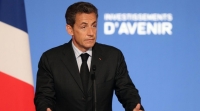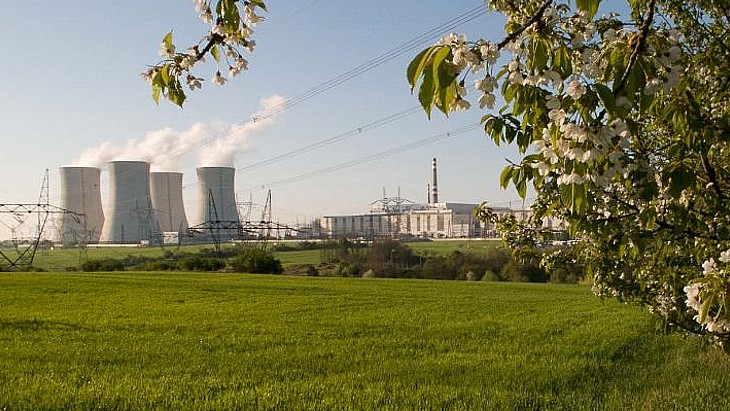French President Nicolas Sarkozy has confirmed plans to invest €1 billion ($1.4 billion) in future nuclear programs including fourth generation reactor research.
 |
| President Sarkozy addresses the media (Image: P Segrette) |
The nuclear funding is part of a €35 billion ($50 billion) project of investment launched in late 2009. Addressing the press on 27 June, Sarkozy provided an update of progress to date. As well as the €1 billion on future nuclear programs, he said that France would free up significant resources to strengthen nuclear safety research, a field in which he said France was already a 'recognised leader'. The country's investment plans remain unaffected by the recent events at Fukushima, which have prompted decisions by the neighbouring German and Swiss governments to phase out their nuclear power sectors.
The majority of the French funding earmarked for future nuclear projects, nearly €652 million ($933 million) is to be spent on the Astrid fourth-generation sodium-cooled fast reactor program, which is led by France's CEA (Commission of Atomic Energy and Alternative Energy, formerly the Commissariat a l'Energie Atomique). Final decisions on construction of a 600 MWe Astrid prototype are expected to be made in 2017.
The second major beneficiary is the Jules Horowitz research reactor, which is receiving €250 million ($358 million). This reactor, which is under construction in Cadarache in southern France, will be able to contribute "significantly" to world production of the medically important radioisotope molybdenum-99, according to the French government.
Moratoria "senseless"
During the press conference, Sarkozy said he found propositions of nuclear moratoria in response to the incidents at the Fukushima Daiichi power plant in Japan as "curious", and that such decisions made no sense. In answer to questions, Sarkozy said that nuclear must be developed alongside alternatives: in addition to the €1 billion on future nuclear, the French investment plans earmark some €1.35 billion for renewable energy and carbon-free generation options. Nevertheless, "there is no alternative to nuclear today," he said.
Researched and written
by World Nuclear News






_53514_33880.jpg)






